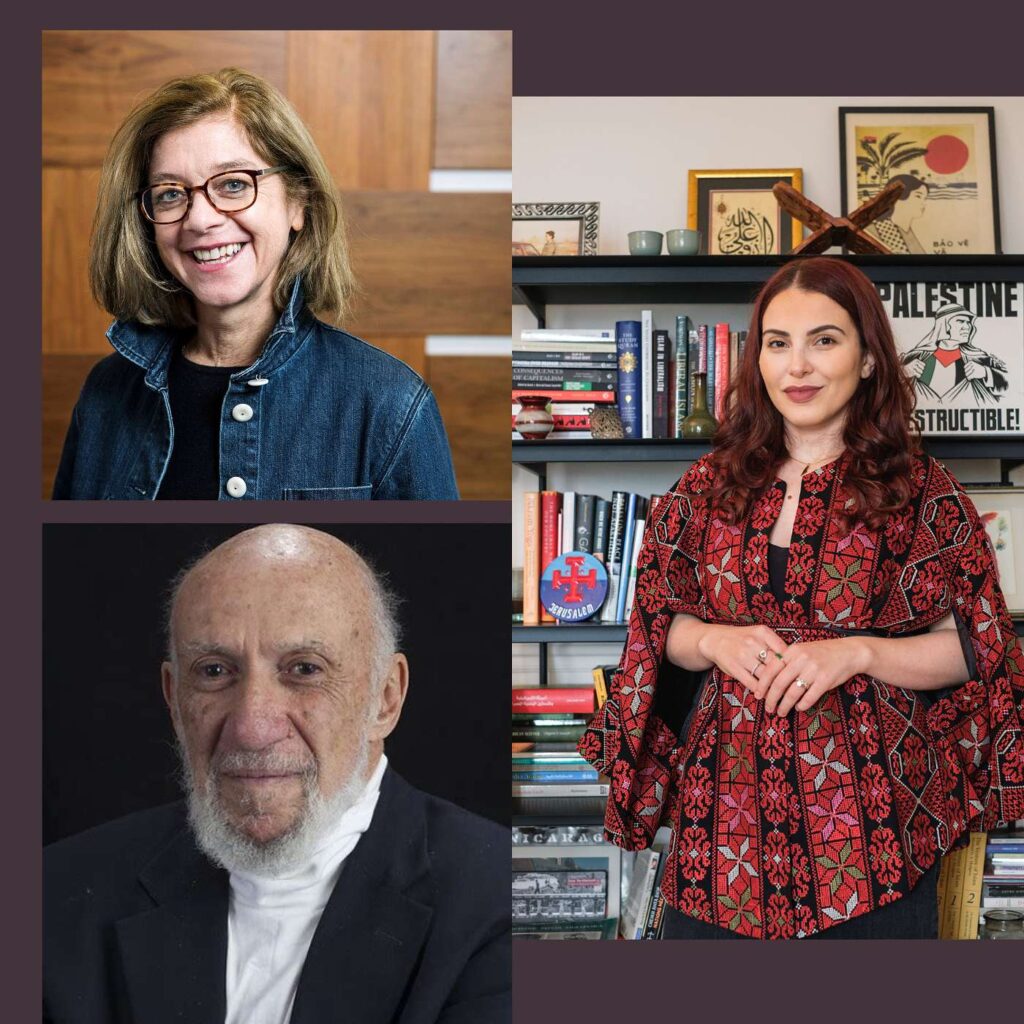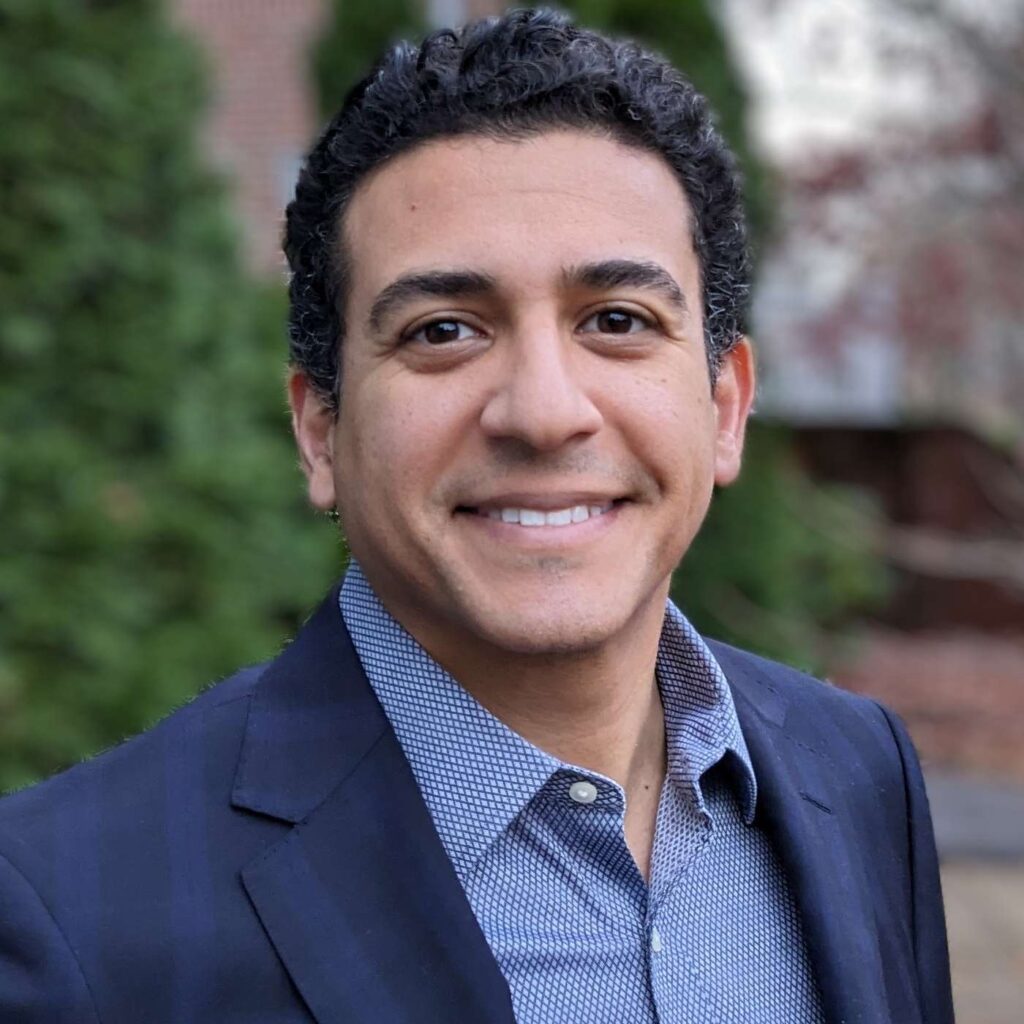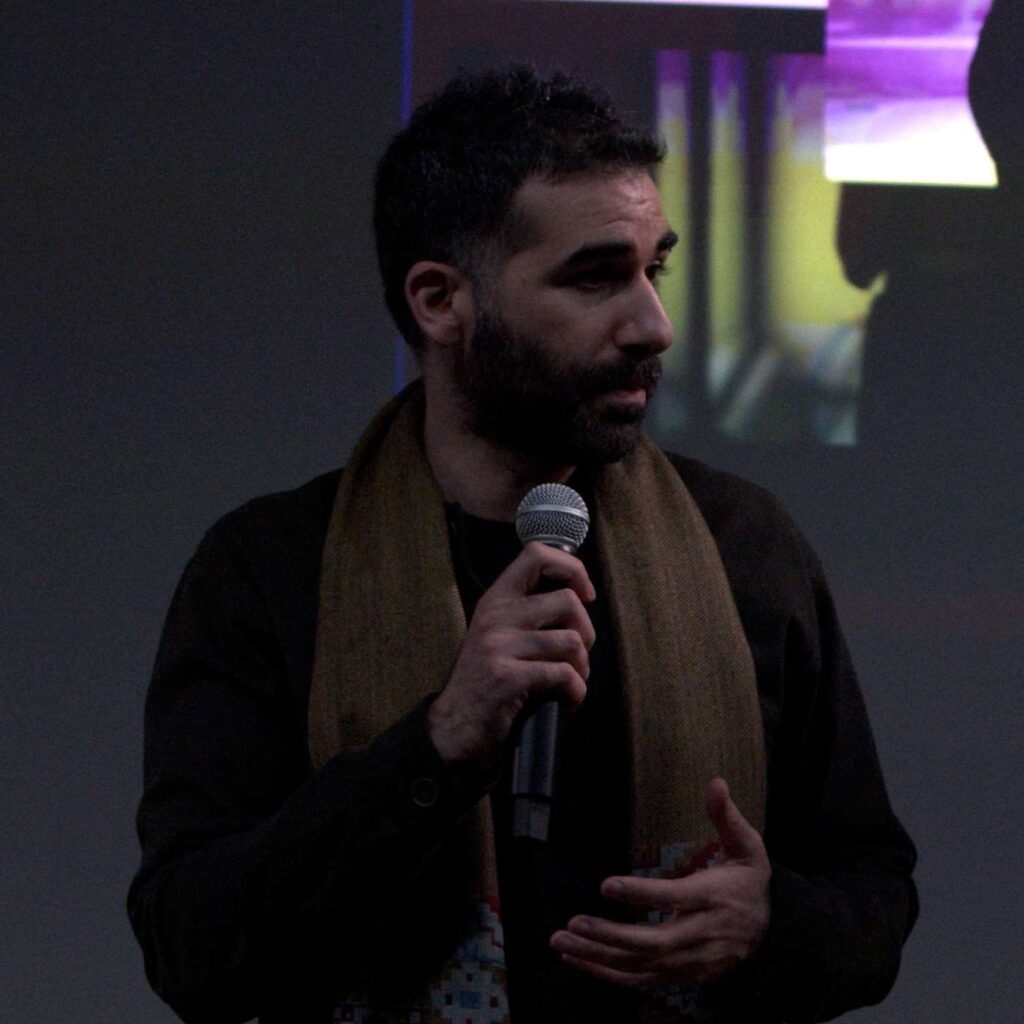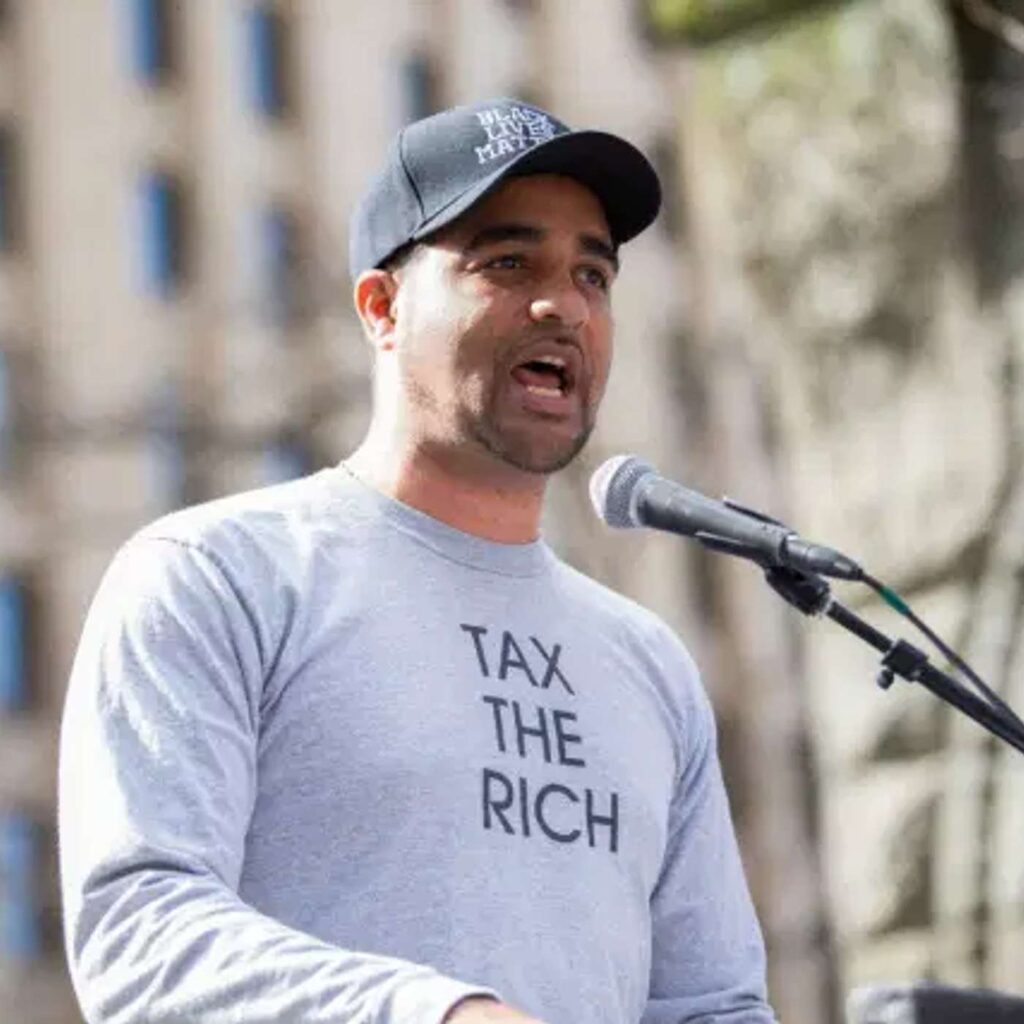How have companies like Uber and Lyft, Instacart and DoorDash and others, changed the nature of work from bad to horrific? Veena Dubal joins me to explain how such companies have exported globally a technique of algorithmic wage discrimination that pays workers based on data to which they have no access. Owners dangle bonuses before workers but take away work from them as they draw close to achieving their targets; they use psychological tricks derived from video games to create a casino-like environment where the house always wins. Dubal urges us not to fall into the trap of competing against the house, but back to “good old-fashioned organizing.” This is one of the most powerful and significant episodes of Speaking Out of Place.
Professor Veena Dubal’s research focuses broadly on law, technology, and precarious workers, combining legal and empirical analysis to explore issues of labor and inequality. Her work encompasses a range of topics, including the impact of digital technologies and emerging legal frameworks on workers’ lives, the interplay between law, work, and identity, and the role of law and lawyers in solidarity movements.
Dubal has written numerous articles in top law and social science journals and publishes essays in the popular press. Her research has been cited internationally in legal decisions, including by the California Supreme Court, and her research and commentary are regularly featured in media outlets, including The New York Times, The Washington Post, The Wall Street Journal, The Los Angeles Times, NPR, CNN, etc. TechCrunch has called Prof. Dubal an “unlikely star in the tech world,” and her expertise is frequently sought by regulatory bodies, legislators, judges, workers, and unions in the U.S. and Europe. Professor Dubal is completing a book manuscript that presents a theoretical reappraisal of how low-income immigrant and racial minority workers experience and respond to shifting technologies and regulatory regimes. The manuscript draws upon a decade of interdisciplinary ethnographic research on taxi and ride-hail regulations and worker organizing and advocacy in San Francisco.
Prof. Dubal received a B.A. from Stanford University and holds J.D. and Ph.D. degrees from the University of California, Berkeley, where she conducted an ethnography of the San Francisco taxi industry. The subject of her doctoral research arose from her work as a public interest attorney and Berkeley Law Foundation Fellow at the Asian Law Caucus where she founded a taxi worker project and represented Muslim Americans in civil rights cases. Prof. Dubal completed a post-doctoral fellowship at her alma mater, Stanford University. She returned to Stanford again in 2022 as a Residential Fellow at the Center for Advanced Study in the Behavioral Sciences. Prof. Dubal is the recipient of numerous awards and grants, including the Fulbright, for her scholarship and previous work as a public interest lawyer.











